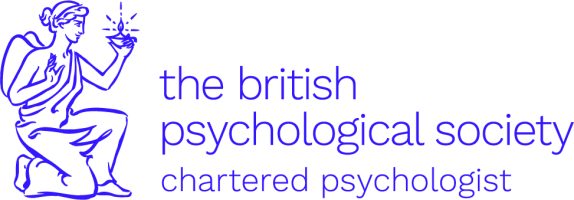Understanding Cognitive Behavioural Therapy (CBT)

Cognitive Behavioural Therapy, also known as CBT, is a widely practiced and evidence-based form of psychotherapy. It operates on the principle that our thoughts, feelings, physical sensations and behaviours are interconnected with each other, and can influence each other. By addressing negative thought patterns and behaviours, CBT aims to alleviate emotional distress and promote positive change. In this blog, we’ve explored the foundations of CBT, and how it works within therapy sessions.
The Principles of CBT
Cognitive Behavioural Therapy is rooted in several key principles, outlined below:
- Interconnection of Thoughts, Feelings, Physical Sensations & Behaviours: CBT recognises the intricate relationship between our thoughts, emotions, and actions. Negative thought patterns can influence feelings, physical sensations and behaviours, perpetuating a cycle of distress.
- Focus on the Present: Unlike other psychotherapy approaches that delve extensively into past experiences, CBT primarily focuses on the present moment. It emphasises understanding and modifying current thoughts and behaviours to improve overall wellbeing.
- Collaborative & Goal-Oriented: CBT is a collaborative process between the therapist and the client. Together, they identify specific goals and develop strategies to achieve them within a structured framework.
How Does CBT Work?
When employed within therapy sessions, there are various techniques that CBT therapists use in order to promote cognitive and behavioural change within their clients. Firstly, cognitive restructuring is a technique which involves challenging and reframing negative or distorted thoughts. By examining evidence and exploring alternative perspectives, individuals learn to develop more adaptive ways of thinking. Behavioural experiments are also often employed, which encourage individuals to test out new behaviours or beliefs in real-life situations. Through experimentation and observation, clients gain insights into the consequences of their actions and beliefs, facilitating behavioural change.
CBT Norwich
Here at Angsana Psychology, we offer evidence-based CBT interventions tailored to address a variety of concerns – including anxiety, depression, stress, and grief. Through a supportive and collaborative therapeutic relationship, our clinical psychologist in Norwich uses CBT to help individuals to gain valuable skills and insights, in order to navigate life’s challenges effectively.
Contact Our Psychologist in Norwich
If you are looking to learn more about how cognitive behavioural therapy can support you through your issues, speak to our experienced psychologist Dr Jinnie Ooi today.




